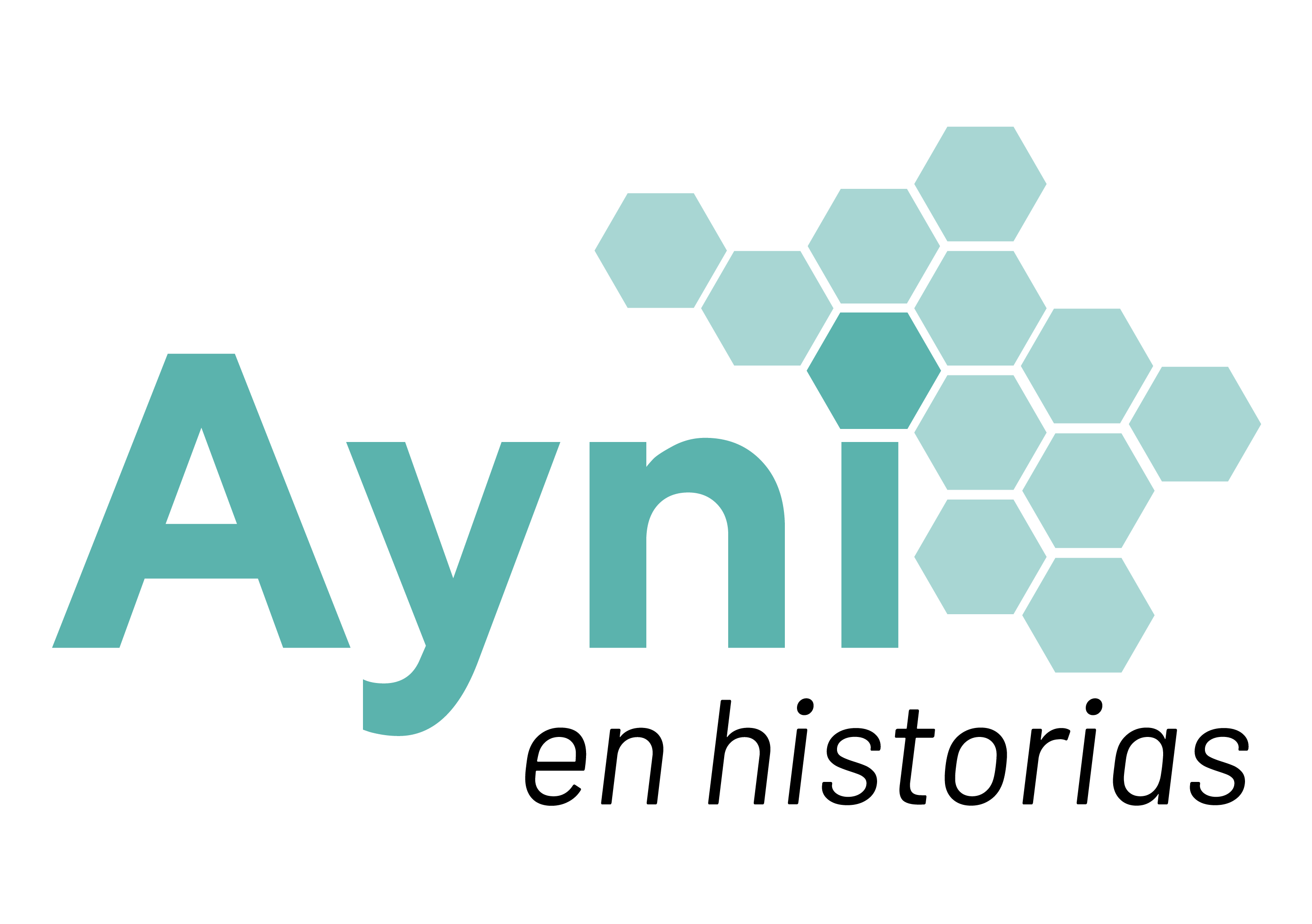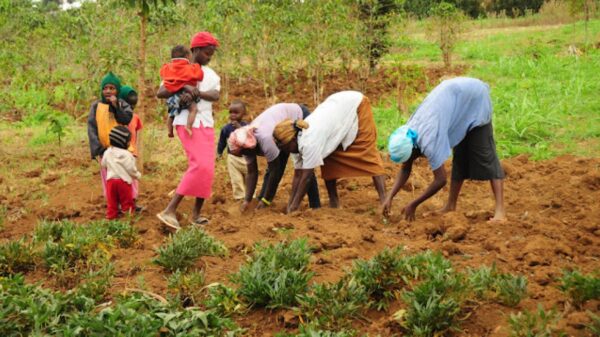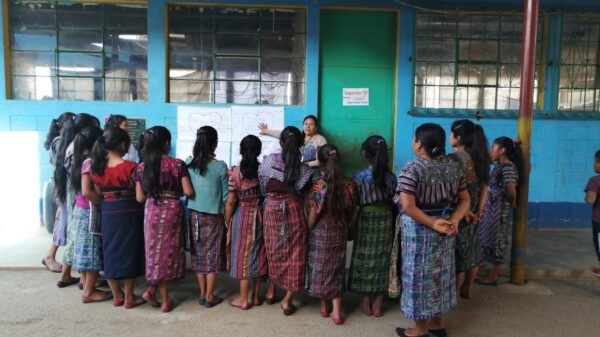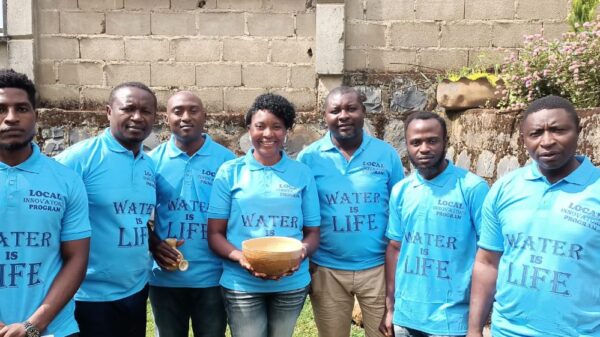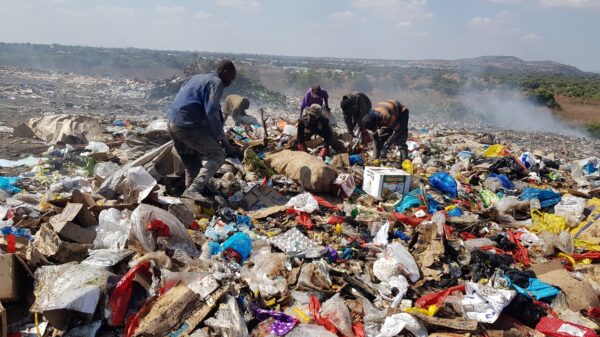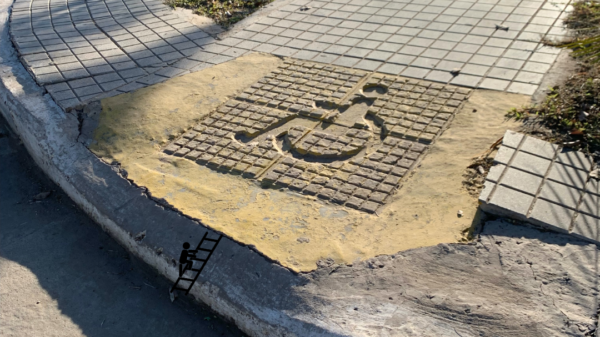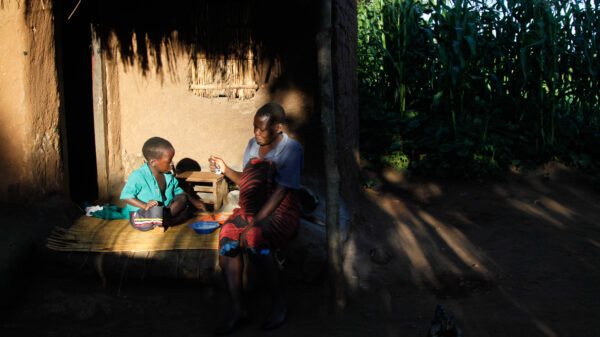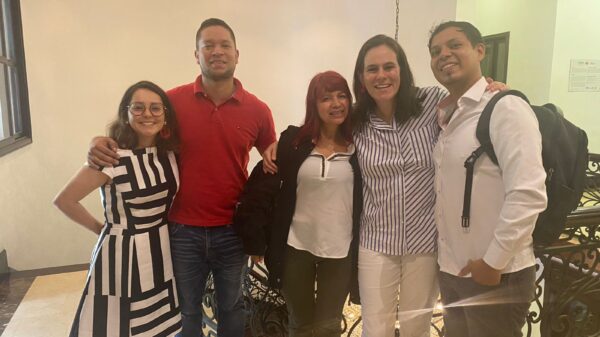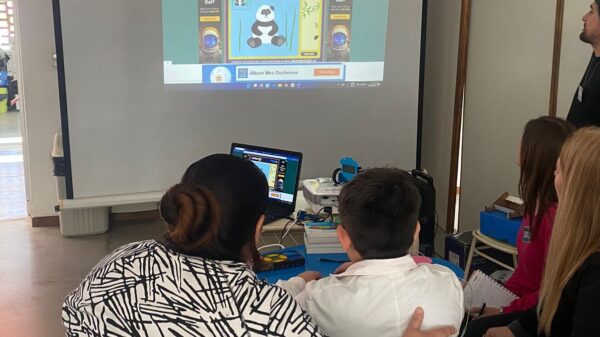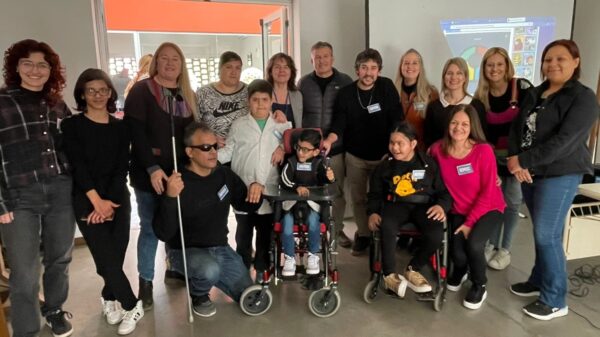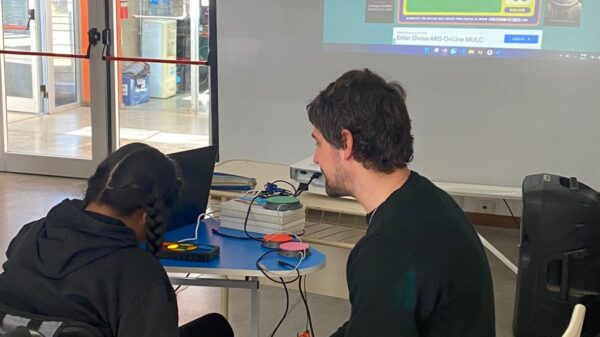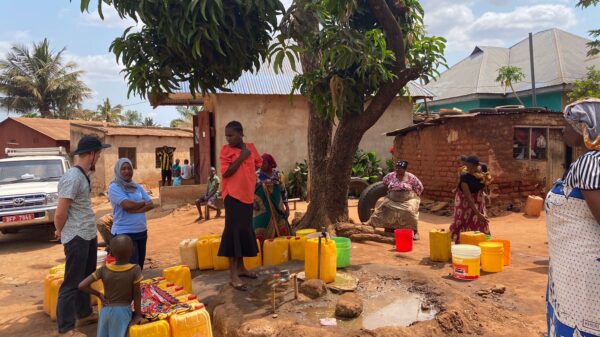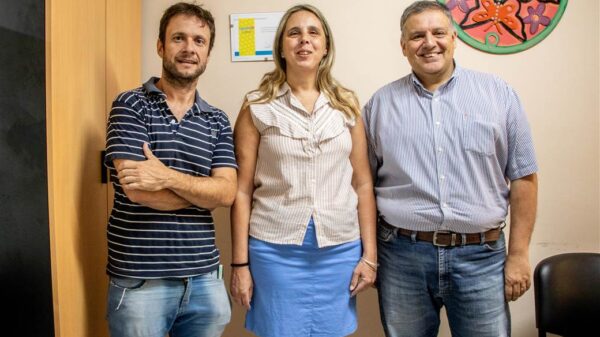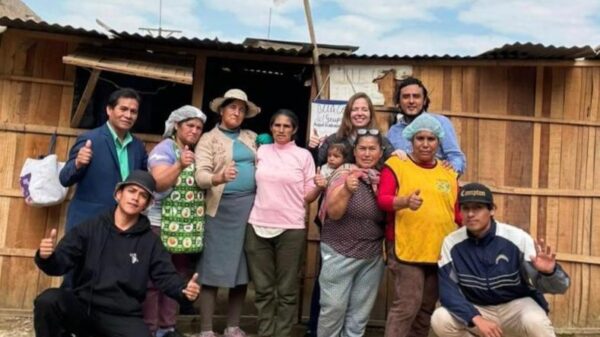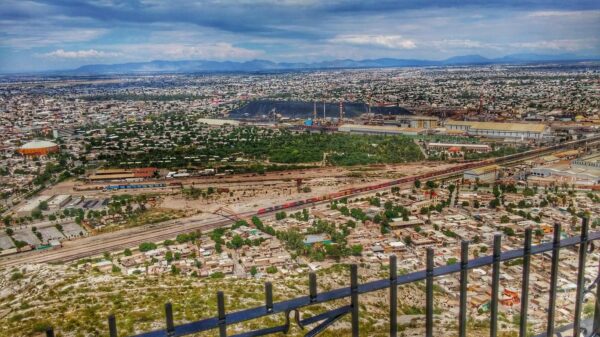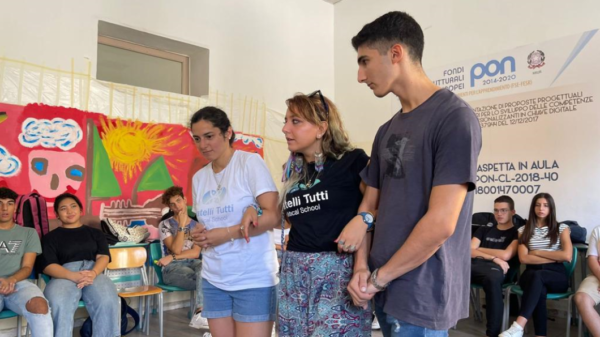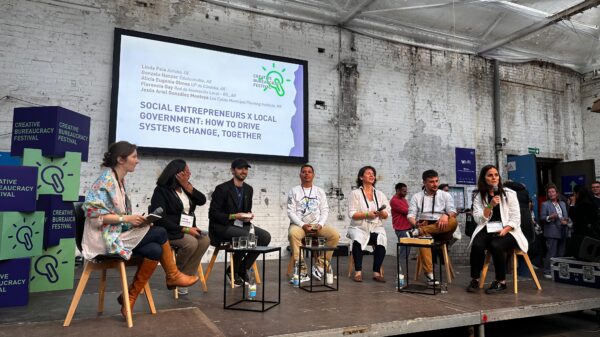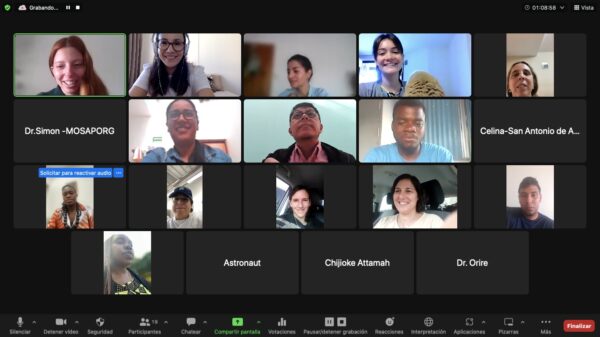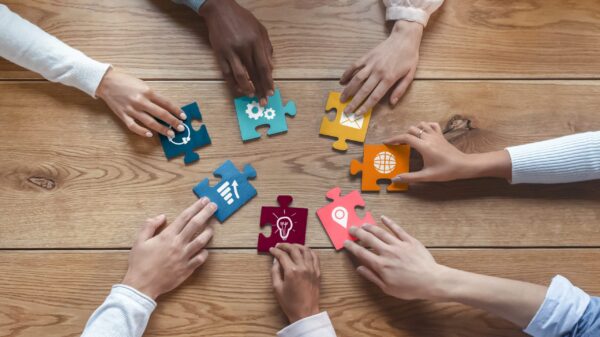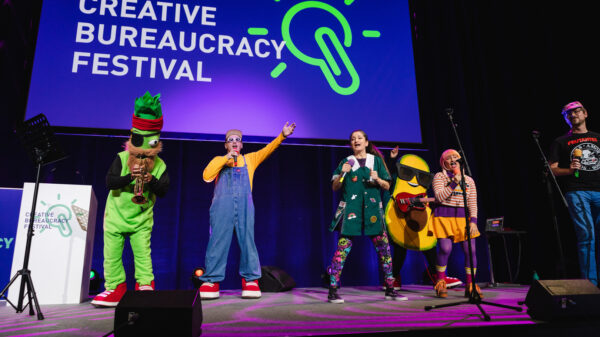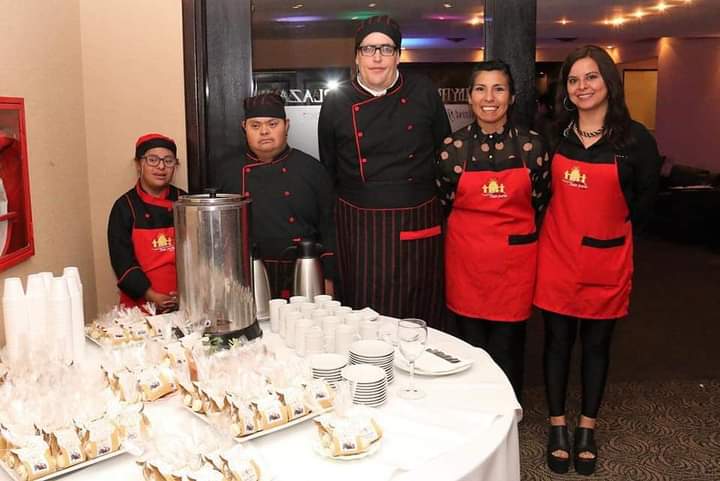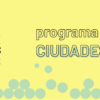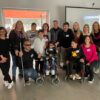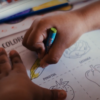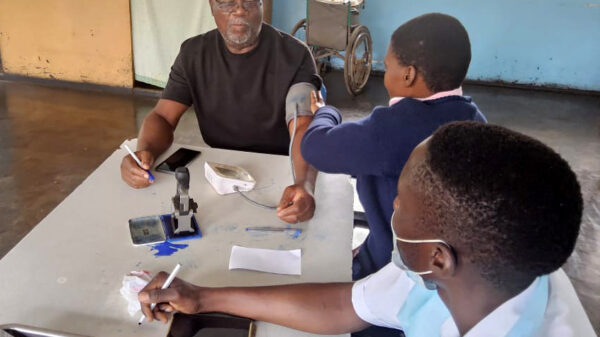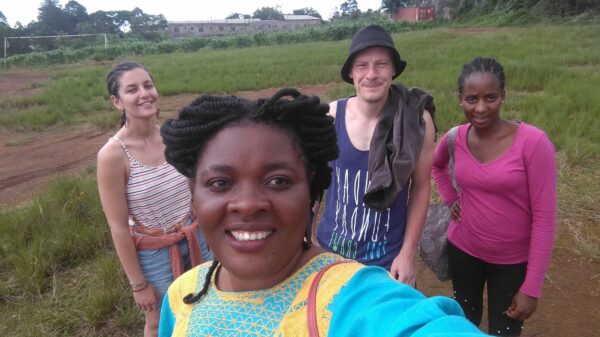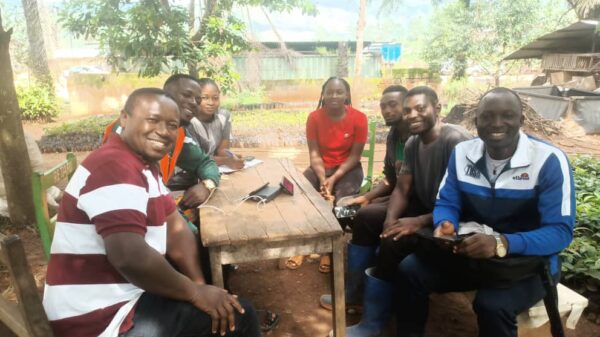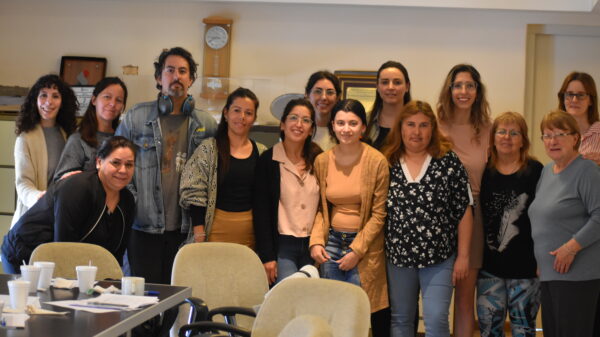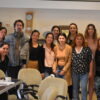By Camila López Naguil, coordinator of
“All Together” Association (Jujuy, Argentina)
labor inclusion
The Local Innovators Program (PIL) invites us to focus on social challenges, planning impact strategies and seeking to convert those of us who are part of the proposal into agents of transformation of our communities. This is, precisely and above all, the desire that unites us as a team: transformation. Of looks, of figures, of realities, of possibilities.
From the province of Jujuy, in the Argentine Republic, our team is focused on a worrying problem: the labor inclusion of people with disabilities. This group represents approximately 15% of the world population. Around 80% is of working age. In turn, of this percentage, around 75% do not have access to formal employment in the open and competitive labor market, a figure that increases even more if they are people with intellectual disabilities.
We firmly believe in the achievements that can occur from systemic innovation and collaborative participation. We want to promote a significant change from a different perspective, which involves a “dialogue together” between the different actors that are involved in this system: entrepreneurs, government agencies, institutions, families and, of course, the workforce itself, made up of People with disabilities.
It is imperative that we unite around this issue, not only as a matter of justice and human rights, but also because work is an important vector of self-determination and autonomy, which favors economic independence, upward social mobility and entry into employment. adult life. Work creates meaning, links and structures personal and social cohesion.
The role of employers
The International Convention on the Rights of Persons with Disabilities recognizes the right to work, prohibiting all forms of discrimination and encouraging employment opportunities. In this sense, in Argentina there is a network of associations and institutions that promote labor inclusion initiatives. Even so, in our foray into the field we were surprised by the lack of knowledge on the part of the business community regarding what hiring a person with a disability entails.
Beyond the interest they may or may not have in the subject, they are unaware of data linked to legislation, tax benefits and even the use of the Supported Employment methodology, which is implemented by teams of professionals and which accompanies adaptation to the environment. labor. There is, without a doubt, a lack of public policies in this regard and there is still a long way to go. But here it is not about finding “culprits”, but rather about thinking together about viable alternatives and possible solutions.
The word “inclusion” often falls into the superficiality of being a “fashionable” word and many times it is the expression of a utopia; while exclusion is a fact that can be seen daily, not only when we talk about work, but also from the different social barriers that people with disabilities encounter.
Human rights
Why does this topic call us? Because, according to one of our representatives from the Change Network (instance of the PIL where the actors of the system meet to discuss the problems addressed), “we want to live in an advanced society”. And this implies considering diversity as a common thread. Workplace inclusion demonstrates a commitment to human rights and equal opportunities for all individuals, promoting equity. The talent and potential of each person is taken advantage of, highlighting unique abilities.
On the other hand, studies have shown that work teams that are diverse in terms of skills, backgrounds and experiences are more productive and creative. The labor inclusion of people with disabilities enriches the work environment and encourages innovation, generating a transformative impact that transcends the walls of the company.
When a society advances in this way, it is also driving positive cultural change. Stereotypes and barriers are broken, and a more open and empathetic mentality is promoted. On the other hand, a more inclusive society in general terms also prepares us for the future. As science and medicine advance, the life prospects of the population are greater, and it is imperative to speak in terms of quality of life.
Accessibility and inclusion become fundamental pillars to guarantee a dignified life for all people, since, at some point, any of us could need some type of support or adaptation. Older people, elderly people, pregnant women, people with temporary injuries... By designing and developing accessible environments, products and services, we promote a society that is more respectful of the diversity of its members.
And above all, thinking in these terms implies a joint effort to be part of a community in which everyone can fully participate and enjoy their fundamental rights. And not only people with disabilities, but all minority groups that have historically been excluded and vulnerable to discriminatory behavior.
Our commitment
From the Jujuy team that participates in the PIL (Patricio Carrillo, social leader; Jimena Jurado, municipal leader and Camila López Naguil, Communicator) We have the firm conviction that respect must be the foundation of our actions. In a world with its sights set on the future, the labor inclusion of people with disabilities stands as the beacon of true social progress. The advancement of a society is forged in the collective consciousness that each human being, regardless of their differences, deserves to be the protagonist of their own Life Project. This is our commitment: to build a society that is not measured by its limitations, but by the magnitude of its opportunities.
